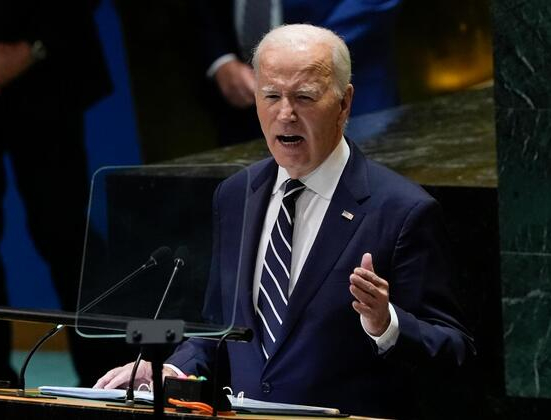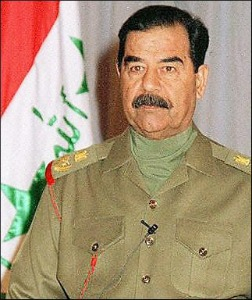The Taliban government in Afghanistan announced on Sunday its intention to send a delegation to the upcoming United Nations conference on Afghanistan, scheduled for June 30 in Doha, Qatar. This marks the first participation of the de facto Afghan rulers in such an international gathering since U.N. Secretary-General Antonio Guterres initiated efforts over a year ago to establish a unified global approach to engaging with the Taliban.
Zabihullah Mujahid, the chief Taliban spokesman, confirmed the decision during an interview with Afghan television channel TOLO News, stating that internal discussions had taken place regarding the agenda for the third Doha conference. “We will announce the composition of the delegation later, God willing. We believe this will serve the interest of Afghanistan,” Mujahid said, emphasizing the importance of meetings that facilitate humanitarian aid and investment in the country.
The Taliban's Foreign Ministry spokesman, Abdul Qahar Balkhi, later elaborated in a formal statement that the decision to participate followed two months of discussions with the U.N. about the agenda and participants. Balkhi noted that any changes to the agenda or participation would affect their decision, which they would communicate to all parties involved.
The U.N. has described the third Doha meeting as an effort to enhance international engagement with the Taliban and Afghanistan "in a more coherent, coordinated, and structured manner." This upcoming conference is significant, considering that the Taliban were not invited to the first Doha meeting in May 2023, and they declined to attend the second meeting in February 2024.
During previous discussions, the Taliban had demanded exclusive recognition of their delegates as Afghanistan's official representatives, excluding Afghan civil society leaders and women's rights activists. They also requested a high-level meeting with U.N. officials, which was rejected by Secretary-General Guterres due to the international community's non-recognition of the Taliban government and the sanctions on many of its top leaders.
The Taliban's announcement to participate comes amidst continued advocacy from Afghan and global rights monitors to ensure women's representation and to prioritize women's and girls' rights at the Doha conference. Since regaining power nearly three years ago, the Taliban have imposed severe restrictions on women's rights, including banning girls aged 12 and older from attending secondary school and prohibiting women from most public and private workplaces, except for specific sectors like healthcare.
Women in Afghanistan also face restrictions on travel without a male relative and are barred from visiting public places such as parks, gyms, and bathhouses, reflecting the Taliban's stringent interpretation of Islamic law. These ongoing curbs have drawn significant international condemnation and highlight the critical issues expected to be discussed at the upcoming Doha meeting.

















